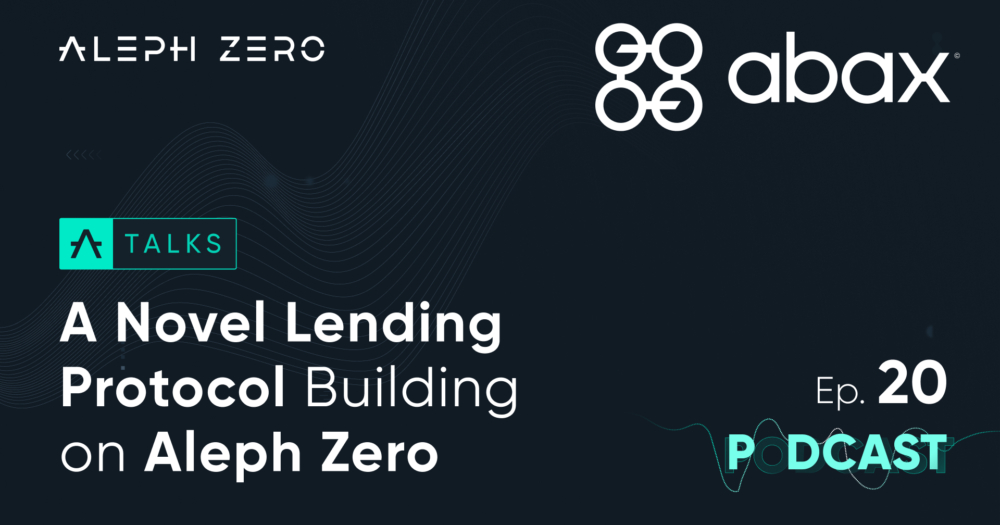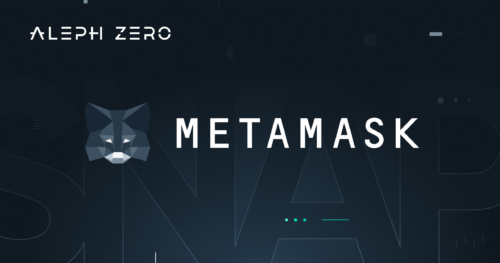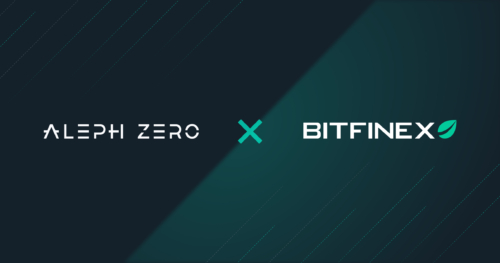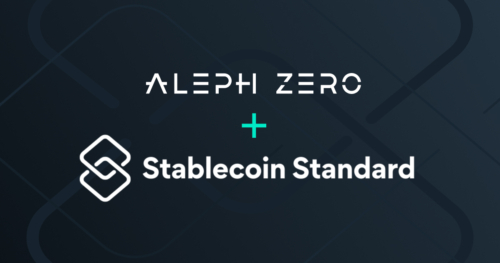Abax: A Novel Lending Protocol Building on Aleph Zero. Podcast Key Takeaways.
Dec 7, 2023

In this episode of the Aleph Zero Podcast we meet with Abax, a novel lending protocol that takes inspiration from Aave while providing its unique spin on this facet of DeFi, providing Aleph Zero users an inspiring tool to lend, borrow, and trade crypto assets.
Listen to the episode on the platform of your choice
TL; DL
Too Long; Didn’t Listen
- Lending protocols allow users to lend and borrow funds without the need for intermediaries such as banks or financial institutions.
- They offer the same service in crypto as leverage or margin trading in traditional finance.
- Users who want to use lending protocols must deposit collateral, which they can exchange for crypto assets.
- The most crucial element underpinning lending protocols are smart contracts. Code creators and the community surrounding the project must work together to ensure their security that will prevent bad actors from exploiting the protocol.
- Some best practices for builders are to make internal and external audits, as well as code reviews.
- To ensure the safety of lending protocols, the smart contract code is imbued with the power to liquidate users. Liquidation occurs when users become dangerously close to falling into bad debt.
- Abax will be governed by a decentralized autonomous organization (DAO) comprised of network users.
- The Abax DAO will be launched before the lending protocol itself.
- The team behind Abax decided to build upon Aleph Zero due to the fast block time.
Aleph Zero’s First Lending Protocol
Abax is the first lending protocol to develop on Aleph Zero. Lending protocols are a crucial element of DeFi, providing a valuable function to crypto users by allowing them to access financial tools normally reserved for traditional financial institutions such as margin and leveraged trading in a completely decentralized manner without the need for intermediaries. A significant inspiration for Abax is the Aave lending protocol, from which the project borrowed many solutions while also devising several new ones to modernize this DeFi service.
Abax will allow users to fulfill the role of borrowers or lenders. The latter provide the network with capital that borrowers can later access to conduct further financial interactions. The lender benefits from this arrangement by being paid interest on the capital they provide.
A crucial part of this practice is margin/leverage trading where borrowers by supplying collateral can gain access to much larger amounts of assets, such as Bitcoin or Ethereum, that they can later use to trade. This form of trading does carry with it some risks as the highly volatile nature of crypto can result in users being subject to incredible gains or staggering losses.
Ensuring Smart Contract Security
The crucial underpinning of lending protocols is the smart contract pallet; these self-excecuting bits of code are what keep the protocol in balance and makes sure that transactions are executed while also preventing exploits and bad debt from accumulating. One of the most important roles smart contracts play in DeFi is the liquidation of users who take on too much debt. If the smart contract detects that the user has placed themselves in a position where they risk jeopardizing the network through risky financial actions they can liquidate their position and prevent the network from being subject to the conseuquences brought on by unrepayable losses.
As smart contracts are the most important aspect of a DeFi product, it is crucial for teams such as Abax to ensure strict internal and external code audits and frequent code reviews to prevent exploits from occuring. Some of the most common exploits seen in DeFi include malicous actors abusing unsafe math operations, overflows, underflows, and logic flaws found in the smart contract code.
The DAO Behind Abax
To ensure the complete decentralization of Abax the team has not only made their code open source but has also decided that a DAO will decide on the most important decision regarding the network. Users will be able to vote on changing lending coefficients or adding new trading pairs. As running a decentralized protocol demands specialized skills, users will also be able to outsource certain tasks to external parties. For example, the network’s security can be delegated to third parties.
The Abax DAO will be launched before the lending protocol itself. DAOs currently are not strongly regulated, so the creators behind Abax are ensuring that they are constantly advised by blockchain legal experts as the space runs into new legal frameworks.
Why Did Abax Decide to Build on Aleph Zero?
Abax decided to build upon Aleph Zero not only because Aleph Zero is currently without a lending protocol of its own, giving Abax an early adopter advantage, but also because the speed of the network allows the project to build a product unlike any other currently on the market. Aleph Zero’s subsecond finality means that Abax can recalculate trading positions and ensure collateralization practically in real-time. This unique position means that DeFi products building on Aleph Zero can compete with centralized services that run on internal servers that analyze market behavior in real-time. Subsecond finality also means the protocol will be quicker to pick up on any dangerous transactions that could threaten the network and liquidate such users before any damage is done.
Listen podcast

EP. 20 Abax: A DeFi Lending Protocol Building on Aleph Zero
Abax is an innovative lending protocol currently developing on Aleph Zero that takes inspiration from Aave while providing its unique spin on this facet of DeFi. During the episode, we'll break down how Abax approaches liquidations, security, and legal matters and how it leverages Aleph Zero's unique feature set.


